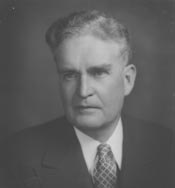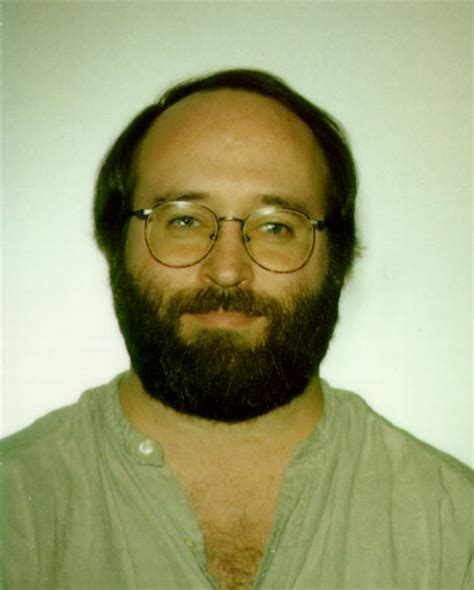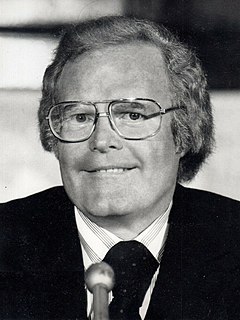A Quote by Wayne Dyer
A non-doer is very often a critic-that is, someone who sits back and watches doers, and then waxes philosophically about how the doers are doing. It's easy to be a critic, but being a doer requires effort, risk, and change.
Related Quotes
Criticism is necessary and useful; it is often indispensable; but it can never take the place of action, or be even a poor substitute for it. The function of the mere critic is of very subordinate usefulness. It is the doer of deeds who actually counts in the battle for life, and not the man who looks on and says how the fight ought to be fought, without himself sharing the stress and the danger.
hat whole phrase, "daring greatly," is from the Theodore Roosevelt quote that goes back to your original question of, what about the critics? And when I read his quote it was life-changing. "It's not the critic who counts; it's not the man who points out how the strong man stumbles or where the doer of deeds could have done the better.
The big divide in this country is not between Democrats and Republicans, or women and men, but between talkers and doers. Think about the things that have improved our lives the most over the past century - medical advances, the transportation revolution, huge increases in consumer goods, dramatic improvements in housing, the computer. The people who created these things - the doers - are not popular heroes. Our heroes are the talkers who complain about the doers.
There's lots of room to be your own worse critic. It's just you, so I think that's inherit, that voice that's always that's there monitoring everything you do. It's definitely worse; the critic is harder when it's just you. If you're doing a show, then the critic can blame the other actors your with.
Evil-doers who denounce the wise resemble a person who spits against the sky; the spittle will never reach the sky, but comes down on himself. Evil-doers again resemble a man who stirs the dust against the wind; the dust is never raised without doing him injury. Thus, the wise will never be hurt, but the curse is sure to destroy the evil-doers themselves.
Music critics are, for the most part, bitter people who are intent at dragging people down for being successful at what they want to do, which is probably music. The oddity of being a critic is: You don't get a diploma, you just decide you're a critic. If someone listens to your opinion rather than their own, it's their mistake. Any critic's top 10, any year, it's something controversial or something that will make them look hipper-than-thou. The whole critic game, we've never played.
When you are not the doer how can the attachment happen? You do a small thing and you become attached. You say, "I have done this." You would like everybody to know that you have done this and you have done that. This ego is the barrier for the supreme understanding. Drop the doer and let things happen. That's what Tilopa means by being loose and natural.




































